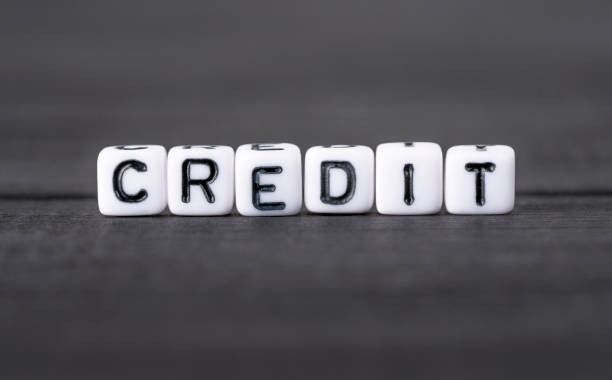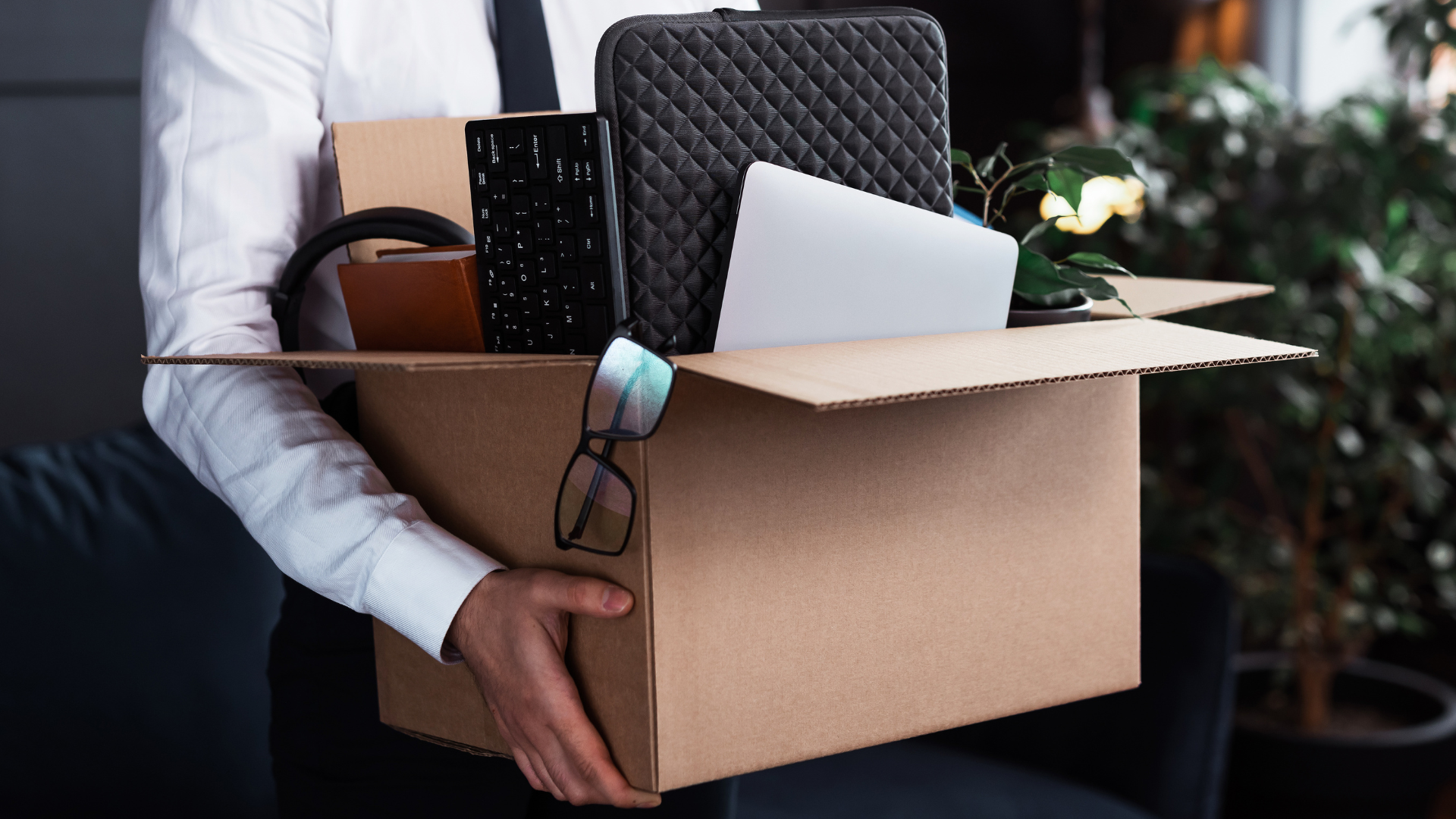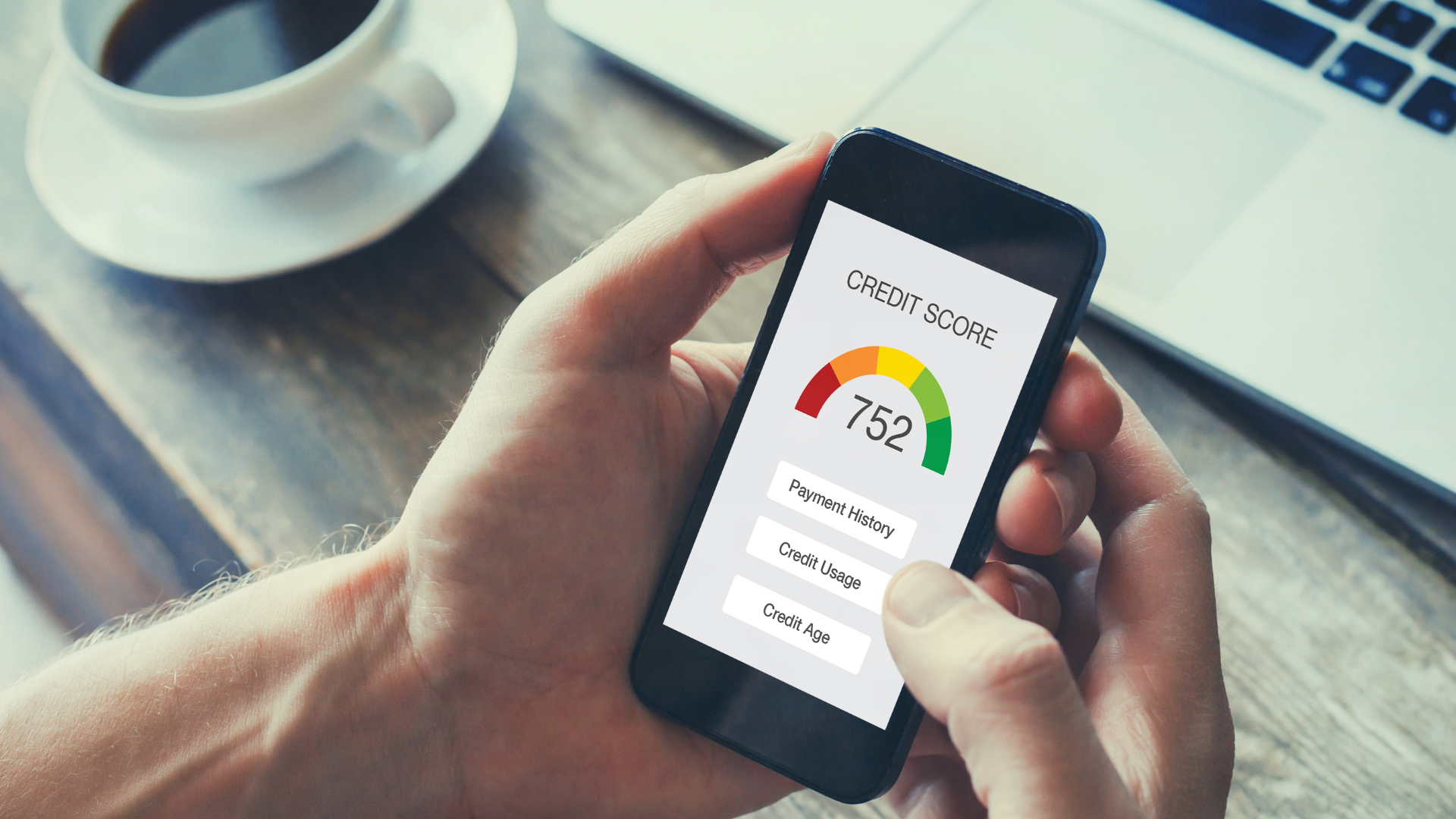Fixing a Poor Credit Score
From Setback to Comeback
A poor credit score can feel like a heavy burden, especially when it affects your ability to qualify for loans, rent an apartment, or even land a job. But the good news is that credit scores are not permanent. With the right actions and a little patience, anyone can work their way toward better credit. Whether you are starting over or just need a boost, here are practical steps to improve your credit score—and how a personal loan from Portside Finance can help.

Understand What Impacts Your Credit Score
Before you can fix your credit, it helps to know what affects it. Most credit scores—such as those from FICO or VantageScore—are based on the following five factors:
- Payment history (35%): Do you pay your bills on time?
- Amounts owed (30%): How much debt do you have compared to your total credit limits?
- Length of credit history (15%): How long have you had credit?
- New credit (10%): Have you opened many new accounts recently?
- Credit mix (10%): Do you have a variety of credit types (credit cards, loans, etc.)?
Knowing these components can help you focus your efforts where they count most.

Check Your Credit Report for Errors
Start by getting a copy of your credit report from all three major credit bureaus: Equifax, Experian, and TransUnion. You can request one free report per year from each bureau at AnnualCreditReport.com.
Look for any incorrect information, such as:
- Accounts that are not yours
- Incorrect balances
- Late payments you actually made on time
- Accounts marked as “open” that you have closed
Disputing and correcting these errors can lead to an immediate improvement in your score.

Make Payments on Time—Every Time
The most important thing you can do to boost your credit score is to pay your bills on time. Late payments—especially those that are more than 30 days overdue—can significantly damage your credit. Set reminders, use autopay, or organize your bills in a way that ensures nothing gets overlooked.
Pay Down Existing Debt
High credit card balances hurt your credit utilization ratio, which compares your debt to your available credit. Try to pay off as much of your existing debt as possible, starting with high-interest accounts.
Even reducing your balances by a few hundred dollars can help improve your score.

Use a Personal Loan to Rebuild Credit
A personal loan, like the ones offered by Portside Finance, can be an effective tool for rebuilding your credit. When used responsibly, a personal loan helps in several ways:
- On-time payments show lenders you are reliable
- Debt consolidation may allow you to pay off high-interest credit cards and simplify your finances
- Diversifying your credit mix shows that you can manage different types of debt
Portside Finance offers small personal loans with flexible repayment terms, making it easier for borrowers to stay on track. Every on-time payment you make gets reported to credit agencies and contributes to a stronger credit history.

Avoid Opening Too Many New Accounts
Applying for multiple new credit lines in a short period can hurt your score and make lenders think you are in financial trouble. Be selective about the new accounts you open and focus on managing the ones you already have.
Be Patient, but Stay Consistent
Improving your credit does not happen overnight, but every on-time payment and responsible decision brings you closer to a stronger score. Most people begin to see meaningful improvements within six months to a year of consistent credit behavior.
Final Thoughts
Your credit score is not a life sentence—it is a number that changes as your financial habits change. With smart planning, responsible borrowing, and a little time, you can build a credit history that opens doors instead of closing them.
















